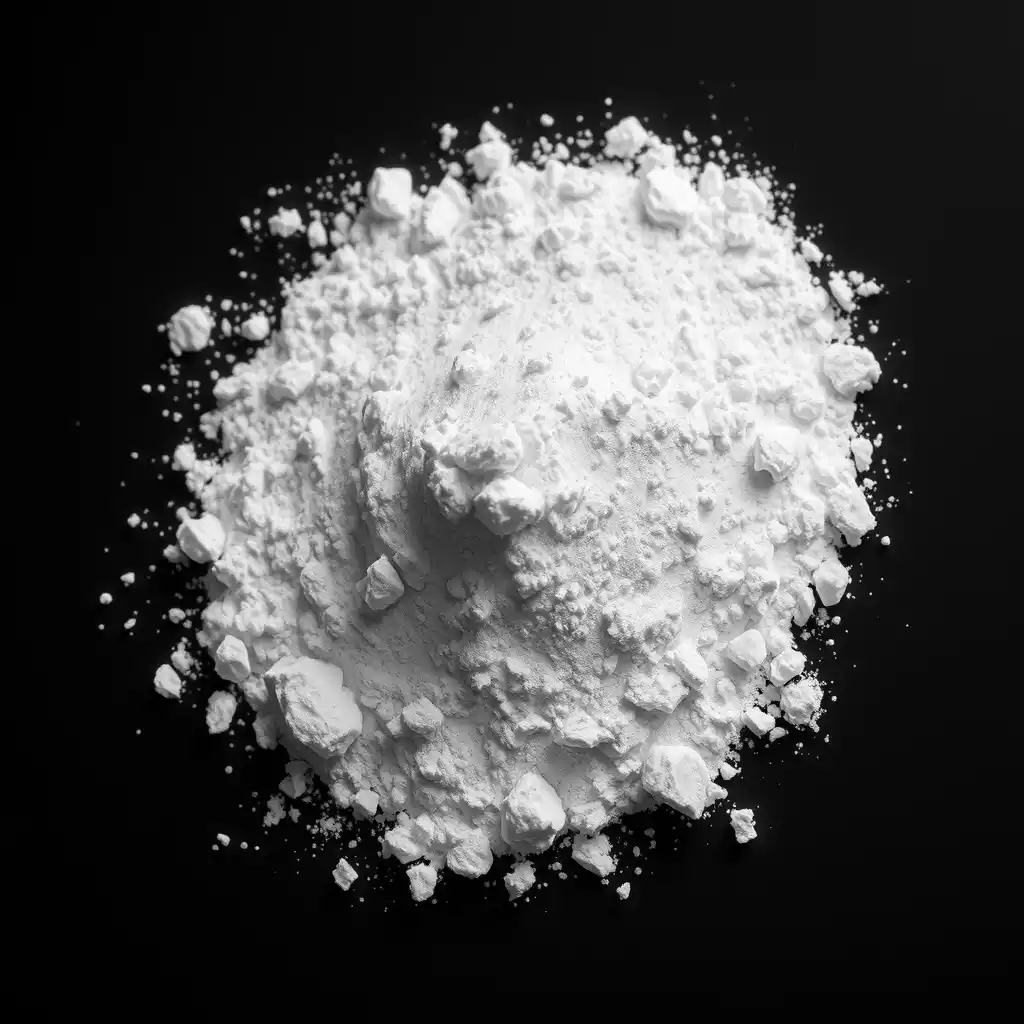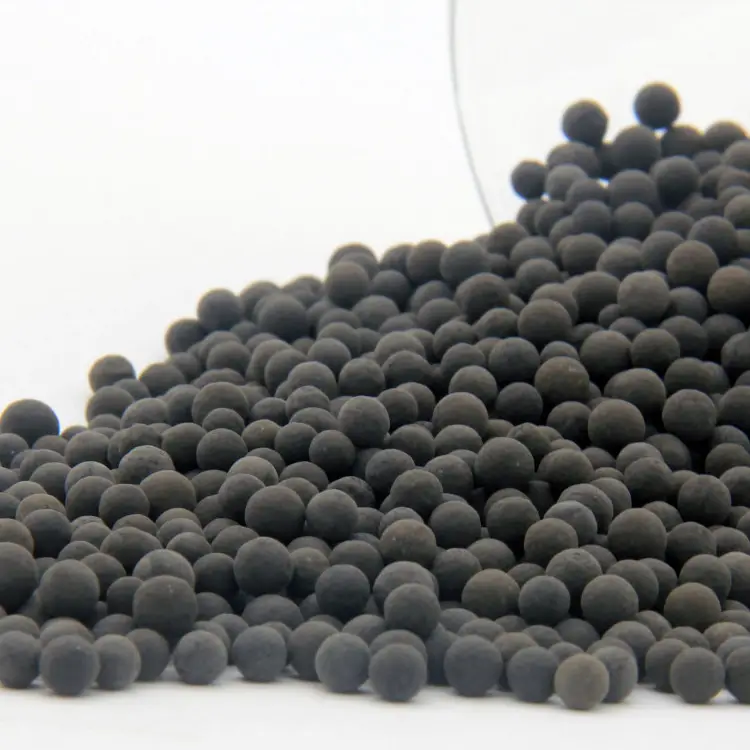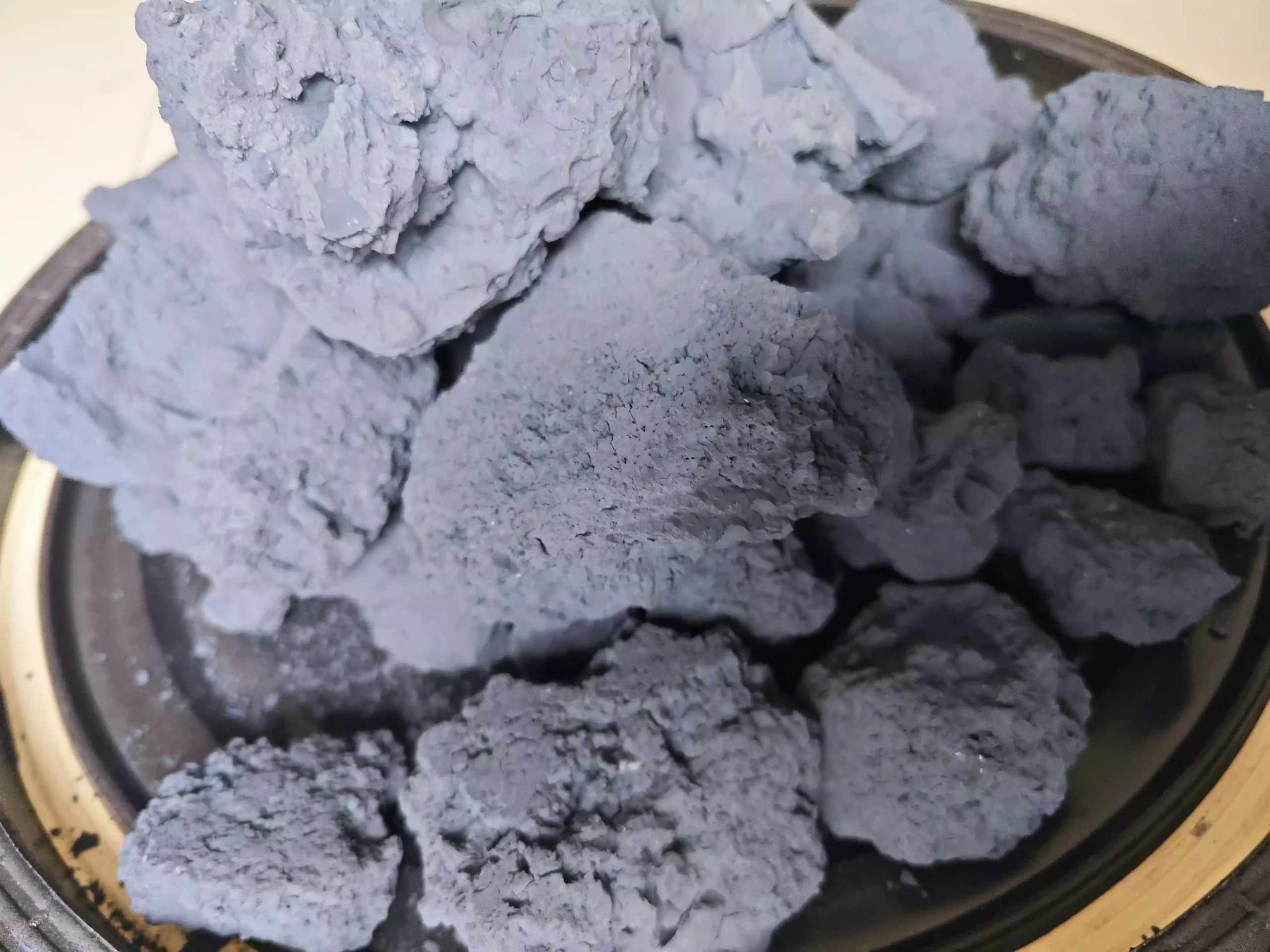![]()
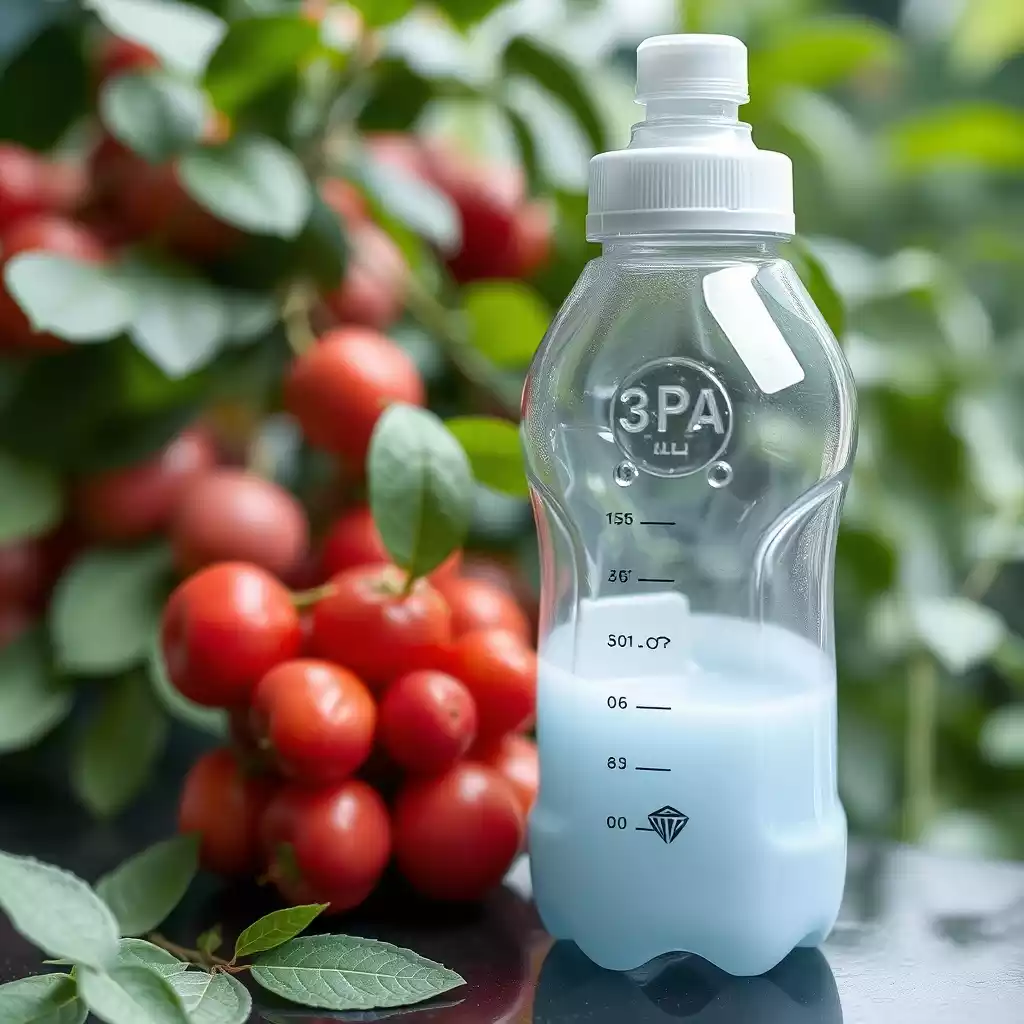
Aplicaciones del bisfenol A en plásticos: un componente clave de la fabricación moderna
Aplicaciones del bisfenol A El bisfenol A (BPA) es un compuesto esencial que se utiliza para fabricar materiales duraderos y de alto rendimiento, como los plásticos de policarbonato y las resinas epoxi. A pesar de algunas preocupaciones sobre su seguridad, los beneficios del bisfenol A (BPA) son muy comunes. Bisfenol A En plásticos No se puede exagerar la importancia de la sostenibilidad. Desde mejorar la resistencia y la transparencia de los plásticos hasta contribuir al desarrollo de soluciones sostenibles, Aplicaciones del bisfenol A Han tenido un impacto duradero en la fabricación y la innovación. En este artículo, analizaremos en profundidad los inmensos beneficios del bisfenol A y cómo impulsa el éxito de las industrias modernas.
Tabla de contenido
¿Qué es el bisfenol A (BPA)?
El bisfenol A (BPA) es un compuesto sintético orgánico ampliamente utilizado en la producción de plásticos de policarbonato y resinas epoxi. Su estructura química única le permite formar plásticos fuertes, transparentes y resistentes al calor, lo que lo convierte en un componente clave en la producción de productos cotidianos como botellas de agua, dispositivos médicos, envases de alimentos y más. Si bien con el tiempo han surgido preocupaciones sobre el impacto del BPA en la salud y el medio ambiente, las ventajas de su uso Aplicaciones del bisfenol A En los plásticos no se puede ignorar.
Los principales beneficios del bisfenol A en los plásticos
1. Resistencia y durabilidad
Una de las principales razones Aplicaciones del bisfenol A La razón por la que se utilizan tanto los plásticos fabricados a partir de BPA es por su excepcional resistencia y durabilidad. Los plásticos de policarbonato, por ejemplo, son increíblemente resistentes y ofrecen una resistencia significativa al impacto. Esto los hace ideales para su uso en productos que requieren alta resistencia, como:
- Botellas de agua:Las botellas de policarbonato, fabricadas con BPA, son muy resistentes, resistentes a las roturas y duraderas. Estas cualidades garantizan que las botellas de agua a base de BPA sean prácticas y confiables para los consumidores.
- Dispositivos médicos:Muchos dispositivos médicos, incluidas jeringas, contenedores intravenosos y otros equipos que salvan vidas, se benefician de la resistencia y la transparencia que ofrecen los materiales a base de BPA. La naturaleza duradera del policarbonato garantiza que los productos médicos sean resistentes a las roturas y mantengan su integridad durante el uso.
2. Alta transparencia y claridad
Los plásticos de policarbonato fabricados con bisfenol A son conocidos por su excelente transparencia y claridad. Esto resulta especialmente beneficioso en sectores en los que la visibilidad es fundamental, como:
- Lentes para anteojos:Los plásticos de policarbonato a base de BPA se utilizan habitualmente en la producción de lentes para gafas. La claridad de estos lentes garantiza una calidad de visión superior y sus propiedades resistentes a las roturas brindan seguridad.
- Envases para alimentos y bebidas:La claridad de los plásticos de policarbonato permite a los consumidores ver el contenido de las botellas, mejorando tanto el atractivo estético como funcional de productos como agua embotellada, jugos y refrescos.
3. Resistencia al calor y durabilidad
Aplicaciones del bisfenol A Los plásticos en forma de policarbonato también ofrecen una resistencia superior al calor. Esta propiedad hace que los plásticos a base de BPA sean muy adecuados para aplicaciones que requieren exposición a temperaturas elevadas:
- Electrónica de consumo:El policarbonato a base de BPA se utiliza en las carcasas de diversos dispositivos electrónicos, incluidos teléfonos inteligentes, tabletas y computadoras portátiles. La resistencia al calor del policarbonato ayuda a proteger los dispositivos electrónicos sensibles del sobrecalentamiento, lo que garantiza que los dispositivos sigan funcionando incluso en condiciones exigentes.
- Componentes automotrices:En la industria automotriz, los plásticos de policarbonato fabricados con BPA se utilizan para piezas como cubiertas de faros, tableros de instrumentos y componentes exteriores. Estas piezas deben soportar altas temperaturas y un desgaste constante, y el BPA proporciona la durabilidad necesaria.
4. Versatilidad en la fabricación
El BPA juega un papel importante en la fabricación de resinas epoxicas, que se utilizan en una amplia gama de aplicaciones, entre las que se incluyen:
- Adhesivos y recubrimientos:Las resinas epoxi elaboradas a partir de bisfenol A ofrecen excelentes propiedades de adhesión y resistencia al desgaste, lo que las hace ideales para su uso en adhesivos, revestimientos y aplicaciones de pintura. Estas resinas se utilizan en todo, desde carrocerías de automóviles hasta maquinaria industrial, para proteger las superficies de la corrosión.
- Compuestos:Las resinas a base de BPA se utilizan en la creación de materiales compuestos, que son fundamentales en industrias como la aeroespacial, la construcción y el equipamiento deportivo. La alta resistencia y durabilidad de estos compuestos los hacen ideales para su uso en aplicaciones ligeras pero robustas.
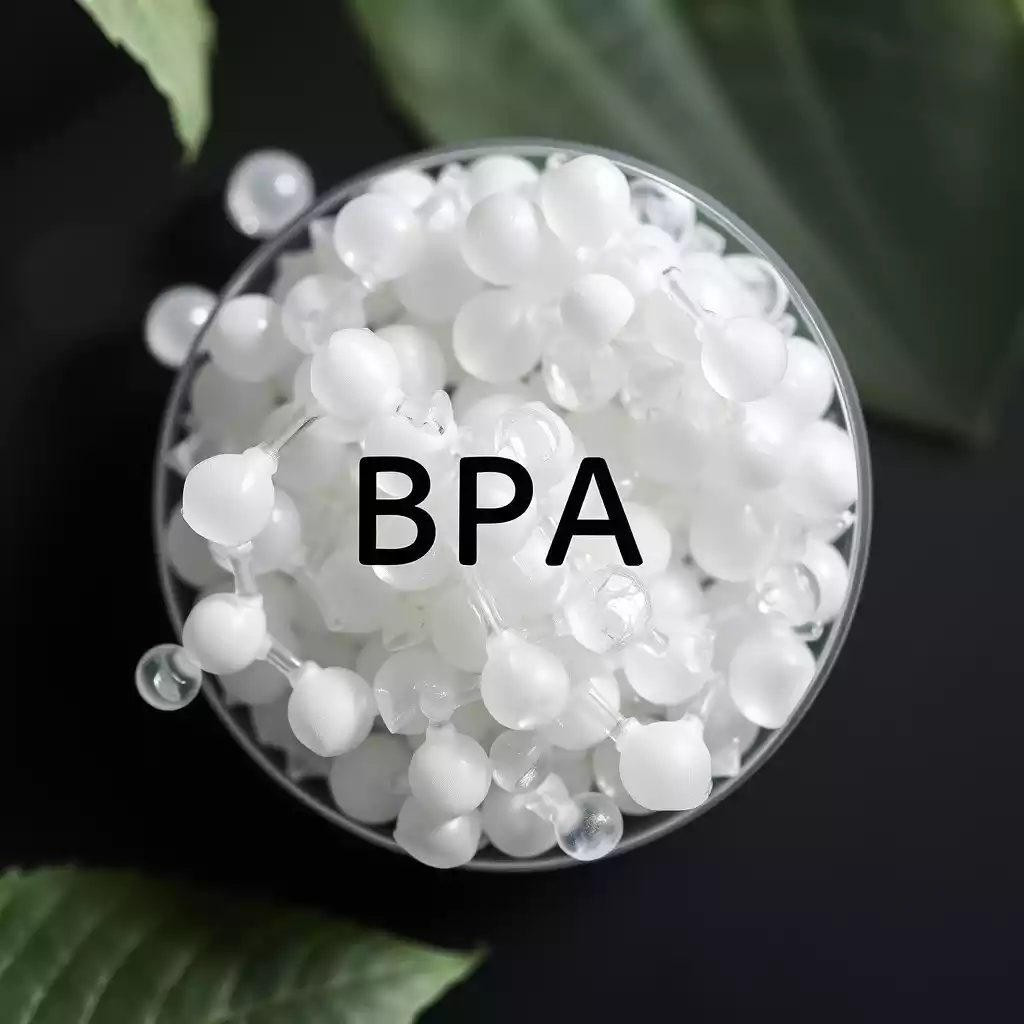
Bisfenol A: un motor de innovación
La versatilidad y resistencia de Bisfenol A en plásticos Lo han convertido en un factor clave para la innovación en múltiples sectores. Desde la revolución de los materiales de envasado hasta el avance de la tecnología médica, el bisfenol A ha contribuido significativamente al progreso de la fabricación moderna.
1. Innovación en envases de alimentos
El BPA ha sido fundamental en el desarrollo de envases de alimentos transparentes, duraderos y livianos. Los envases fabricados con plásticos de policarbonato a base de BPA tienen la capacidad de soportar altas temperaturas y resistir el agrietamiento, lo que es vital para mantener la calidad y la seguridad de los productos alimenticios. El papel del BPA en los envases de alimentos incluye:
- Latas y botellas:El BPA se utiliza en la producción del revestimiento de las latas de alimentos, evitando la contaminación y garantizando la longevidad del producto.
- Contenedores duraderos:El BPA ayuda a crear recipientes para alimentos que son aptos para microondas y resistentes a roturas, ofreciendo comodidad y longevidad a los consumidores.
2. Avances en dispositivos médicos
El uso de bisfenol A en dispositivos médicos ha facilitado numerosas innovaciones en la industria de la salud. Los plásticos a base de BPA se utilizan para fabricar dispositivos esenciales para la medicina moderna, como jeringas, catéteres y herramientas quirúrgicas. La contribución del BPA al campo médico incluye:
- EsterilizaciónLos plásticos a base de BPA se pueden esterilizar, lo que los hace ideales para su uso en dispositivos médicos desechables que deben permanecer higiénicos y seguros para el uso del paciente.
- Claridad y precisión:La claridad que proporciona el BPA permite a los profesionales médicos ver claramente el contenido de dispositivos médicos como bolsas intravenosas, lo que las hace más efectivas y seguras.
3. Electrónica de consumo
El BPA ha permitido el desarrollo de productos electrónicos de consumo de vanguardia, desde teléfonos inteligentes hasta computadoras. Los plásticos de policarbonato fabricados con bisfenol A no solo son duraderos, sino que también ofrecen una estética superior, transparencia y resistencia al calor, lo que los hace ideales para productos de alta tecnología. Estos materiales han contribuido a los elegantes diseños de los productos electrónicos modernos, mejorando tanto la función como la forma.
¿Por qué elegir Honrel para el bisfenol A y otras materias primas químicas?
En HonrelEntendemos la importancia de proporcionar materias primas químicas de primera calidad, incluidas Bisfenol A, para respaldar a diversas industrias. Ya sea que fabrique plásticos, resinas o revestimientos, nuestros productos BPA están diseñados para satisfacer sus necesidades de producción y, al mismo tiempo, brindar alto rendimiento y confiabilidad.
Ofrecemos Bisfenol A (BPA) a precios competitivos, lo que facilita que las empresas de todo el mundo accedan a los materiales que necesitan para la producción a gran escala. Nuestro envío global garantiza que pueda obtener Bisfenol A de un proveedor confiable sin importar dónde se encuentre, ahorrando tiempo y dinero.
Explora nuestra gama completa de Materias primas químicas para mejorar sus procesos de fabricación, incluidos materiales para revestimientos, abrasivos y más. Visite nuestra Página del producto Bisfenol A para obtener información detallada sobre nuestras ofertas.
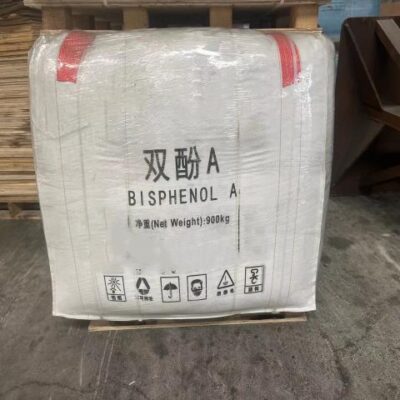
Sección de preguntas frecuentes
1. ¿Cuáles son los principales beneficios del bisfenol A en los plásticos?
El bisfenol A aporta resistencia, transparencia, resistencia al calor y durabilidad a los plásticos. Es esencial en productos como botellas de agua, dispositivos médicos y componentes electrónicos.
2. ¿Cómo mejora el bisfenol A el rendimiento del plástico?
Los plásticos basados en BPA son conocidos por su alta resistencia al impacto, transparencia y durabilidad, lo que los hace ideales para una amplia gama de aplicaciones, desde envases hasta dispositivos médicos.
3. ¿Es seguro utilizar bisfenol A en plásticos?
Cuando se utiliza de acuerdo con las normas de la industria, el bisfenol A se considera seguro para muchas aplicaciones de plástico. Las normas garantizan que los niveles de BPA en los productos de consumo se mantengan dentro de límites seguros.
4. ¿Qué industrias se benefician de las aplicaciones del bisfenol A?
Industrias como la de envasado de alimentos, la médica, la electrónica, la automotriz y la construcción se benefician de la resistencia, la claridad y la durabilidad que brindan los plásticos basados en BPA.
5. ¿Cuáles son las ventajas de utilizar Bisfenol A en dispositivos médicos?
El BPA proporciona claridad, capacidad de esterilización y durabilidad, lo que lo hace esencial para dispositivos médicos como jeringas, contenedores intravenosos y equipos de diagnóstico.
6. ¿Por qué se utiliza bisfenol A en los envases de alimentos?
El BPA ayuda a crear envases fuertes, duraderos y resistentes al calor, como los de las latas y botellas de alimentos, lo que ayuda a preservar la calidad de los alimentos y garantizar la seguridad.
7. ¿Se puede sustituir el bisfenol A en los plásticos?
Si bien existen alternativas como Tritan™, el bisfenol A sigue siendo el más utilizado debido a sus propiedades únicas, como alta resistencia, claridad y resistencia al calor.
8. ¿Dónde puedo comprar bisfenol A para mis necesidades de fabricación?
Visita Honrel para Bisfenol A de alta calidad y otras materias primas químicas esenciales, disponibles para pedidos a gran escala y envíos internacionales.


